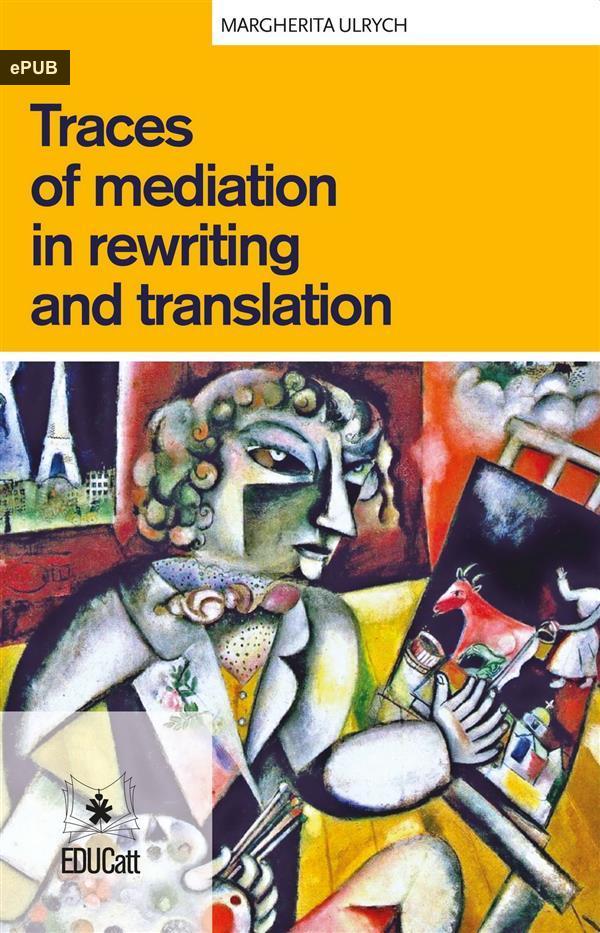Descrizione prodotto
Although the bridge-building metaphor is undoubtedly a legitimate way of approaching most forms of mediation, there is increasing evidence in the literature that this is not always the case. The scenario in which mediation operates is much more complex and it is one in which mediators’ compliance or resistance to contextual and socio-cultural factors and prevailing norms in a given point in history play a major role. Attention is increasingly being focussed on the nature of the rewritings they produce and on how their agency is made manifest. This holds true for rewritings that take place within the same language, across language boundaries and in the growing area of audio-visual translation.
In his article on “The Name and Nature of Translator Studies” (Chesterman 2009) and in his interview of Baker in the first issue of Cultus, (Chesterman and Baker 2008), Chesterman draws attention to the central role occupied by the translator both in the workplace and as an object of research and proposes to make use of the term “‘telos’ to denote the personal motivation of translators” (2009:17) as a companion term to the more familiar term “skopos” already used in translation studies to indicate the intended effect of a translation in the target culture. Thus, “telos” serves to investigate the personal goal of a translator within the context of a specific task, a matter closely related to the ethics of the profession. Since translation necessarily involves some kind of active intervention on the part of the translator (Munday 2007), be it conscious or unconscious, whereby events are rewritten and renarrated, and as “translation passes through a continua of transformation, not abstract ideas of identity and similarity” (Benjamin 1996:70), research into translators’ teloi may well shed new light on why and how they translate and may usefully complement current studies on translation behaviour as it emerges from translated texts.
Of particular interest in this regard is the broadening of the notion of translation to include other forms of rewriting in which the rewriter’s interventionist role is a central feature. The present volume addresses various forms of translation and rewriting and explores the strategies rewriters use to achieve their goal of rendering the target text accessible to its recipient audience. “Knowing how” to rewrite in English entails developing an awareness of the whys and wherefores of rewriting. Just as knowledge about language leads to awareness of language, which in turn leads to increased efficiency and sensitivity to language, so familiarity with the general principles of translation and rewriting leads to enhanced competence and performance.
Excerpted from the Preface
Titolo: Traces of mediation in rewriting and translation
Autore: Margherita Ulrych;
Editore: EDUCatt
Formato EPUB con Digital watermarking
ISBN: 9788867808809


Recensioni
Nessuna recensione presente ancora, vuoi inviare la tua?